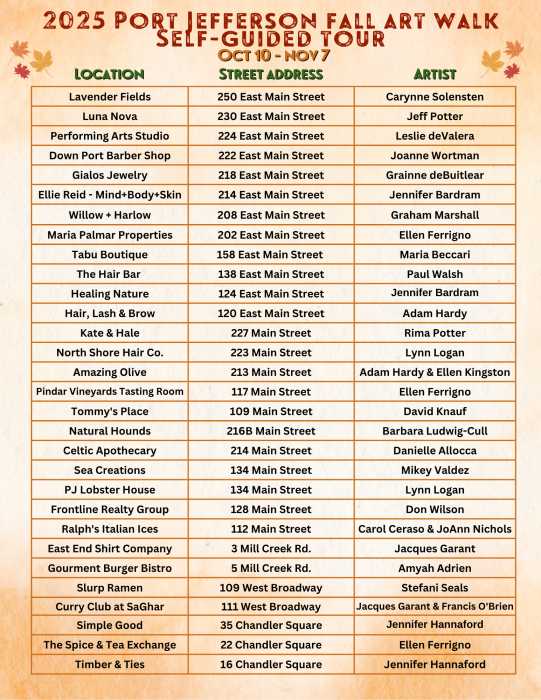 The average college student spends around $1,200 a year on textbooks; a single book can cost as much as $200, so it’s important to comparison shop first. Colleges must provide book lists for courses in advance, so students heading to college this fall will be able to find the best deal before the semester begins.
The average college student spends around $1,200 a year on textbooks; a single book can cost as much as $200, so it’s important to comparison shop first. Colleges must provide book lists for courses in advance, so students heading to college this fall will be able to find the best deal before the semester begins.
Here are six strategies to help save money on this year’s college textbooks.
Shop Early
Get the book list as soon as you can, and note the ISBN (the book’s unique identifying number) and the edition required by the professor. Campus bookstores often have used books available at reduced prices, but supplies dwindle as the start of classes gets closer. Some college towns have independent bookstores near campus that carry used textbooks, so check them out, too.
Consider Online Shopping
Most of the large online booksellers carry new and used textbooks at competitive prices that could save you money over purchases made at traditional brick-and-mortar stores. Remember to add in any shipping costs when comparison shopping, and be sure to give yourself enough time to receive your shipment before classes start.
eTextbooks
Not all textbooks have electronic versions, but the fast-growing popularity of smartphones and e-readers has led publishers to produce electronic versions of many popular textbooks, with significant savings to the consumer. A few caveats to remember:
- Review the software requirements carefully before buying or renting electronically.
- The e-texts might not include CD content or other companion materials that come with the physical book.
- E-textbooks may be purchased or rented but usually restrict the number of devices on which they may be used, as well as set copy and print limits.
- If you drop a class and no longer need the e-book, you may be able to get a refund within the first week of classes if you have not already downloaded the book or used your access code.
While electronic textbooks are a good option for some students, keep in mind that after you’ve downloaded an e-book it may not returnable, so it may be more cost-effective to purchase a hard-copy textbook and resell it after the class is over.
Textbook Rentals
Renting books online can save hundreds of dollars over the cost of purchasing and may be a good idea if you don’t plan to keep the book after the class ends. Online companies such as Chegg, Campus Book Rentals, BookRenter and others advertise savings up to 90 percent over the retail cost of books. Be sure to understand the terms and conditions of the rental agreement: some companies allow limited highlighting, some pay for shipping, and each may have different return policies.
Many campus bookstores offer book rentals, too. Some stores allow note-taking and highlighting in books and offer the option of converting the rental to a standard sale. Returning books is also faster—simply return to the campus bookstore. Be sure to understand the terms of the rental agreement, whether renting from an online store or your campus bookstore, before you use the book.
TexbookRentals.com offers a one-stop shopping site for books—just type in the ISBN and the site will return a list of rental and purchase options for you to compare.
A typical biology book that lists for $254 can be found new and used from a campus bookstore, from online retailers in both hard cover and eBook, and from textbook rental companies. Keep in mind that used copies or rentals are not guaranteed to include supplemental materials such as CDs or access codes (ask the instructor to see if those will be needed).
An additional resource to help students find the best place to rent their books is ConsumerAffairs. The guide compares nine textbook companies and contains hundreds of verified reviews.
Save your receipts
Textbooks and other out-of-pocket, higher educational expenses may qualify you to claim the American Opportunity Tax Credit and save up to $2,500 on this year’s federal taxes. Up to 40 percent of the tax credit is refundable—that means you can get the credit even if you don’t owe any taxes, so be sure to save your receipts.
More options
You may be able to find a textbook through an online campus blog or bulletin board, Craigslist or local library. Your campus library usually has a few copies available in its reserves section, but you will not be able to take it from the building. Or, you may have a friend who is taking the same class and can share a copy. You may also consider an earlier edition of the book that may be available at a lower cost; be sure to check with the class professor before buying to make sure there are no significant changes in the material presented.
Don’t miss out on the savings. Get the booklist for each of your courses early, and comparison shop before the start of classes to save on college textbooks this semester.
—Courtesy of New York Higher Education Services Corporation (HESC)



































